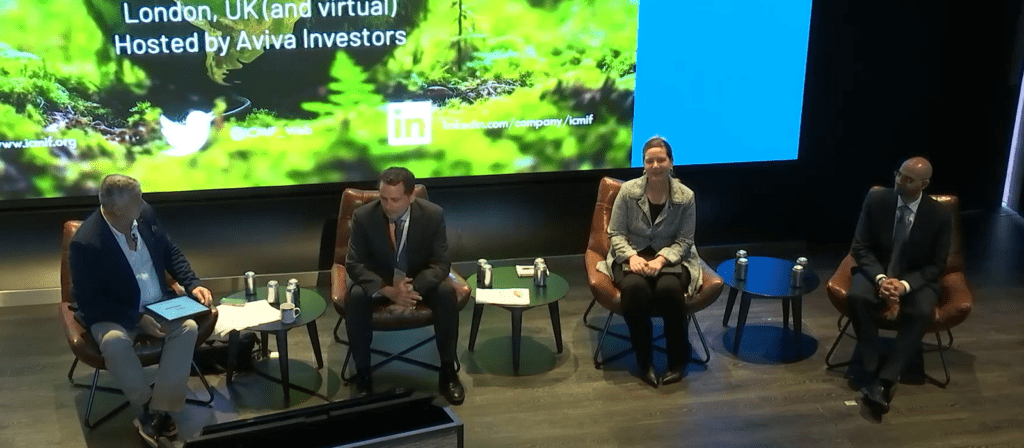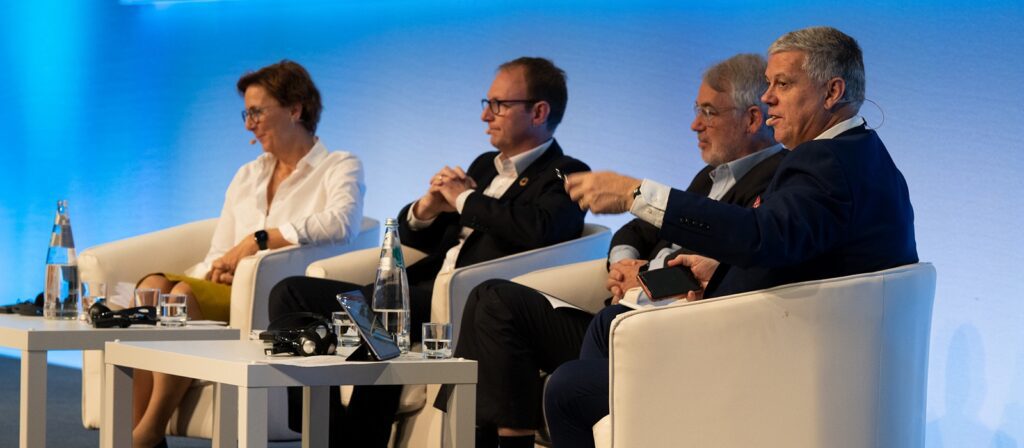The importance of resilience is a crucial topic in the current context of the insurance industry. This importance stems from the necessity to shift focus from mere response and recovery to prevention and resilience. The United Nations Office for Disaster Risk Reduction (UNDRR) emphasises the vital role that businesses, particularly insurers, play in building resilience and contributing to sustainable development. The decisions made by insurers shape how society prepares for, responds to, and recovers from disasters.
Insurers have a unique position in disaster risk reduction due to their understanding of risk, including the interconnected and systemic nature of risks from natural, climate, and human-made hazards. This knowledge is critical in influencing and participating in governance processes for managing disaster risk and investing in societal and financial resilience.
The Sendai Framework for Disaster Risk Reduction, while less known than the Sustainable Development Goals (SDGs), is integral to achieving these goals. It provides a roadmap for reducing disaster losses and enhancing resilience. The Framework underscores the shared responsibility for disaster risk reduction and sustainable development among various stakeholders, including the private sector.
The insurance industry, particularly mutual and cooperative insurers, has resilience and sustainability at its core. This industry can lead the shift from a single hazard protection focus to a risk-informed, resilience approach across systems. This shift requires embedding disaster risk understanding in business management strategies and practices.
Despite progress, there remains a significant protection gap in insurance coverage for disasters. This gap highlights the need for insurers to provide incentives for individuals, households, and businesses to reduce disaster risk, thereby making communities more resilient and sustainable.
The collaboration between the ICMIF and UNDRR has resulted in seven disaster risk reduction mechanisms based on case studies from ICMIF members. These mechanisms offer a practical way for the cooperative and mutual insurance sector to implement the Sendai Framework and to support the SDGs. They focus on reducing exposure and vulnerability to an increasingly complex and intensifying risk landscape.
The private sector’s role in disaster risk reduction is further cemented by the political declaration adopted by UN member states, which recognises the inadequacy of current responses to global systemic risks, including climate change impacts. This declaration outlines specific areas for private sector action, emphasising risk-informed preventive financing, policy and regulatory incentives for risk reduction, and increasing access to risk data and knowledge.




